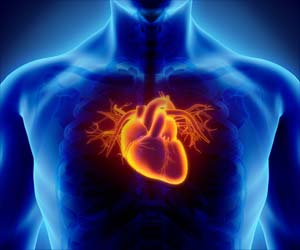A combination of exercise and psychological counselling may help get rid of heart failure patients' blues, says a new study.
A combination of exercise and psychological counselling may help get rid of heart failure patients' blues, says a new study.
Researchers led by Rebecca Gary, Ph.D., at the School of Nursing at Emory University in Atlanta found that a combination of the two can help improve physical function, reduce depressive symptoms and enhance quality of life in depressed heart failure patients.As a part of the study, boffins analysed participants with the average age of 66, all of whom were diagnosed with clinical depression.
The participants were split into four groups and were assessed at four time intervals: baseline, after the 12-week intervention program, following the three-month telephone follow-up and at six months.
The exercise component was a 12-week, progressive program, with low-to-moderate intensity exercise, involving walking outdoors. Patients were encouraged to walk three times per week for at least 30 minutes.
Patients in the combined program or exercise-only group received heart rate monitors and were taught how to self-monitor their exertion level, and when to stop exercising.
A physical function test, the six-minute walk test, was administered at each of the time intervals.
Advertisement
The researcher noted that patients in the combined exercise and behavioural therapy group improved significantly better in the six-minute walk test than the other groups.
Advertisement
The study and its results were reported at the American Heart Association's 9th Scientific Forum on Quality of Care and Outcomes Research in Cardiovascular Disease and Stroke.
Source-ANI
SRM/V











